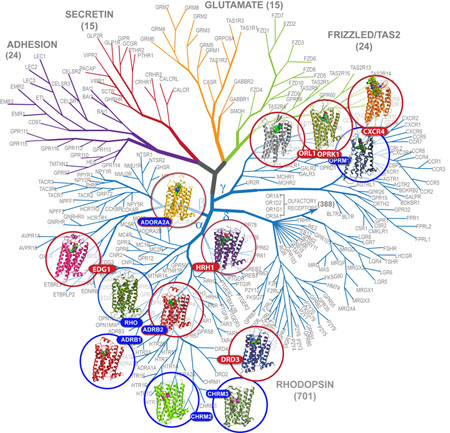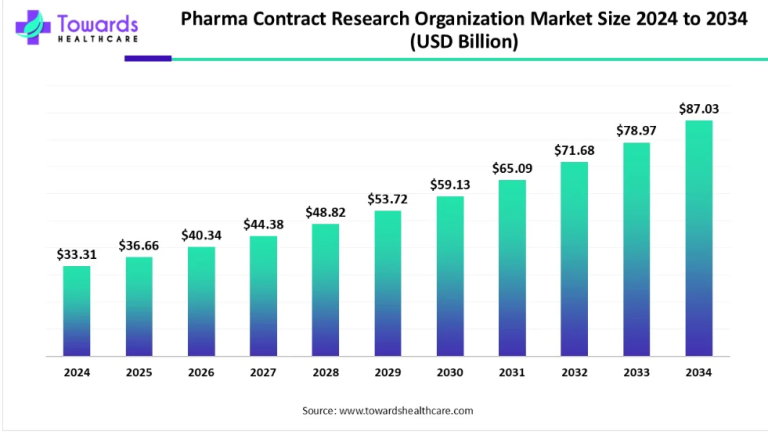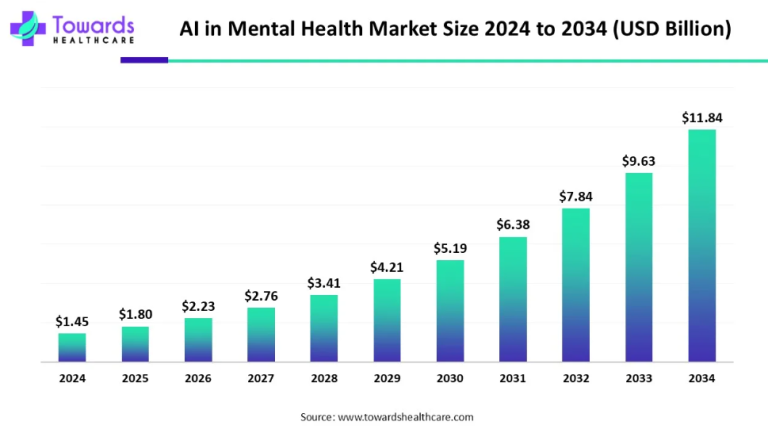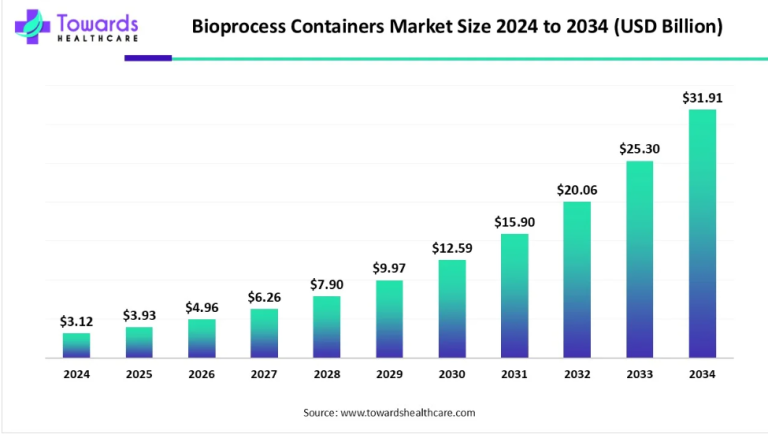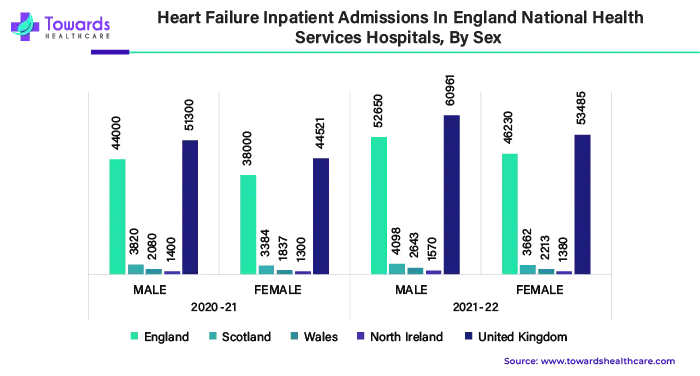
Table of Contents
ToggleRising Heart Failure Rates Drive Growth in Ventricular Assist Device (VAD) Market Trends
The global market for ventricular assist device (VAD) surgery treatment is poised for significant growth, propelled by the increasing prevalence of heart failure. As the world’s population ages and life expectancy rises, the number of individuals at risk for heart failure is also increasing. This chronic condition impairs the heart’s ability to efficiently pump blood, leading to symptoms such as fatigue, shortness of breath, and other severe complications.
For patients with severe heart failure who have exhausted traditional treatment options like medication and lifestyle changes, VAD surgery can be life-saving. VADs are mechanical pumps implanted in the chest that assist or replace the heart’s pumping function, significantly improving blood flow throughout the body.
VADs serve a crucial role in bridging the gap for patients awaiting heart transplants, keeping them alive while they wait for a donor organ. They also serve as destination therapy for patients ineligible for transplants, prolonging their lives and enhancing their quality of life.
By providing proper blood circulation, VADs alleviate symptoms such as fatigue and shortness of breath, allowing patients to resume their daily activities with renewed vigor. This enables individuals to engage more fully in life and greatly enhances their overall well-being.
The increasing incidence of heart failure results in a larger pool of potential candidates who could benefit from VAD therapy. Consequently, demand for VAD devices, surgical procedures, and other related healthcare services continues to rise.
The growing burden of heart failure globally poses a significant challenge, underscoring the vital role of VAD technology in improving patient outcomes. With ongoing advancements in VAD design, surgical techniques, and access to care, the ventricular assist device market is poised for sustained growth in the years ahead.
Download a sample of this report @ https://www.towardshealthcare.com/personalized-scope/5151
Expanding Demand for Destination Therapy Driving Growth in VAD Market
The market for vascular assist devices (VADs) is experiencing significant expansion, primarily fueled by the growing demand for destination therapy. Initially, VADs were mainly used as bridge-to-transplant devices, sustaining patients while they awaited a suitable heart donor. However, due to the scarcity of donor organs, there has been a fundamental shift in approach.
Destination therapy involves utilizing VADs as a long-term solution for patients with severe heart failure who are not eligible for transplantation. By offering an alternative to transplants, VADs alleviate pressure on the donor pool, potentially saving more lives. They significantly improve patient survival rates and quality of life compared to advanced heart failure therapy with medications alone. Destination therapy widens the pool of patients suitable for VAD implantation, offering hope to a broader range of people with severe heart failure.
This increased demand for destination therapy directly translates into market growth. As more patients opt for long-term VAD therapy, the demand for VAD devices, surgical procedures, and related healthcare services increases. This trend is expected to continue, propelling the vascular assist device market forward.
Focus on Minimally Invasive Procedures Driving Growth in the VAD Market
The vascular assist device market is not only being driven by the necessity for the technology but also by advancements in surgical procedures, particularly the focus on minimally invasive VAD implantation methods.
Traditional VAD implantation involved open-heart surgery, leading to longer hospital stays and extended recovery periods. Minimally invasive procedures, such as mini-thoracotomy or robotic-assisted surgery, require smaller incisions and cause less disruption to the chest cavity, resulting in quicker healing times, less post-surgical pain, and a faster return to normal activities for patients.
These minimally invasive techniques are less physically taxing on patients, resulting in less discomfort and distress compared to traditional open-heart surgery. This can significantly enhance the overall patient experience and encourage more individuals to consider VAD therapy as a potential treatment option.
The benefits of faster recovery and reduced discomfort are increasing acceptance rates for VAD surgery. As minimally invasive treatments become more standardized and widely available, more patients and surgeons are likely to adopt VAD therapy, expanding the market reach. The emphasis on less invasive VAD implantation presents a substantial opportunity for market expansion. With faster procedures, shorter hospital stays, and improved patient outcomes, the vascular assist device market becomes more attractive to both patients and healthcare providers. This trend is expected to continue, accelerating market growth in the coming years. However, it’s important to note that while minimally invasive procedures offer many advantages, they may not be suitable for all patients. Surgeon expertise and patient-specific considerations will continue to influence the most appropriate surgical strategy.
Addressing the Cost Barrier to Growth in the Ventricular Assist Device Market
The ventricular assist device market holds immense potential in improving the lives of individuals with severe heart failure. However, the high costs associated with these devices present a significant obstacle to widespread adoption, impacting both patients and healthcare systems.
Ventricular assist devices (VADs) are sophisticated medical equipment with considerable initial expenses due to research, development, and manufacturing costs. Additionally, implanting a VAD requires specialized surgical skills and resources, leading to substantial surgical expenditures.
Moreover, ongoing costs such as medications to prevent blood clots, regular monitoring, and potential device replacements contribute significantly to the overall expense of VAD therapy. This financial burden strains healthcare finances, potentially limiting resources for other essential medical treatments.
However, opportunities exist within the ventricular assist device market, particularly in developing countries in regions like Asia-Pacific, Latin America, and the Middle East. As populations in these areas develop and age, the prevalence of heart failure is expected to rise, creating a larger pool of potential patients who could benefit from VAD therapy.
Developing countries often lack established VAD programs, providing an opportunity for market participants to establish themselves as significant suppliers. This can involve forming partnerships with local hospitals and healthcare organizations to facilitate access to VAD technology and expertise.
Furthermore, the development of new VADs with longer lifespans, reduced production costs, and simpler surgical procedures could make them more attractive to resource-constrained healthcare systems in these regions. By addressing the cost barrier, the ventricular assist device market can expand its reach and make a greater impact on improving the lives of individuals with severe heart failure.
To own our research study instantly, Click here @ https://www.towardshealthcare.com/price/5151
Read more about Ventricular Assist Device (VAD) Market:
You can place an order or ask any questions, please feel free to contact us at sales@towardshealthcare.com
About Us
Healthcare Web Wire is a premier subsidiary of Towards Healthcare, dedicated to providing comprehensive insights and information related to the healthcare industry. With a commitment to delivering accurate and timely updates, Healthcare Web Wire serves as a vital resource for professionals, enthusiasts, and stakeholders within the healthcare sector. Our platform serves as a central hub for the latest news, trends and developments shaping the healthcare landscape. Join us on Healthcare Web Wire and become part of a vibrant community dedicated to advancing healthcare knowledge and shaping the future of healthcare worldwide.
Explore the comprehensive statistics and insights on healthcare industry data and its associated segmentation: Get a Subscription
For Latest Update Follow Us: https://www.linkedin.com/company/towards-healthcare

